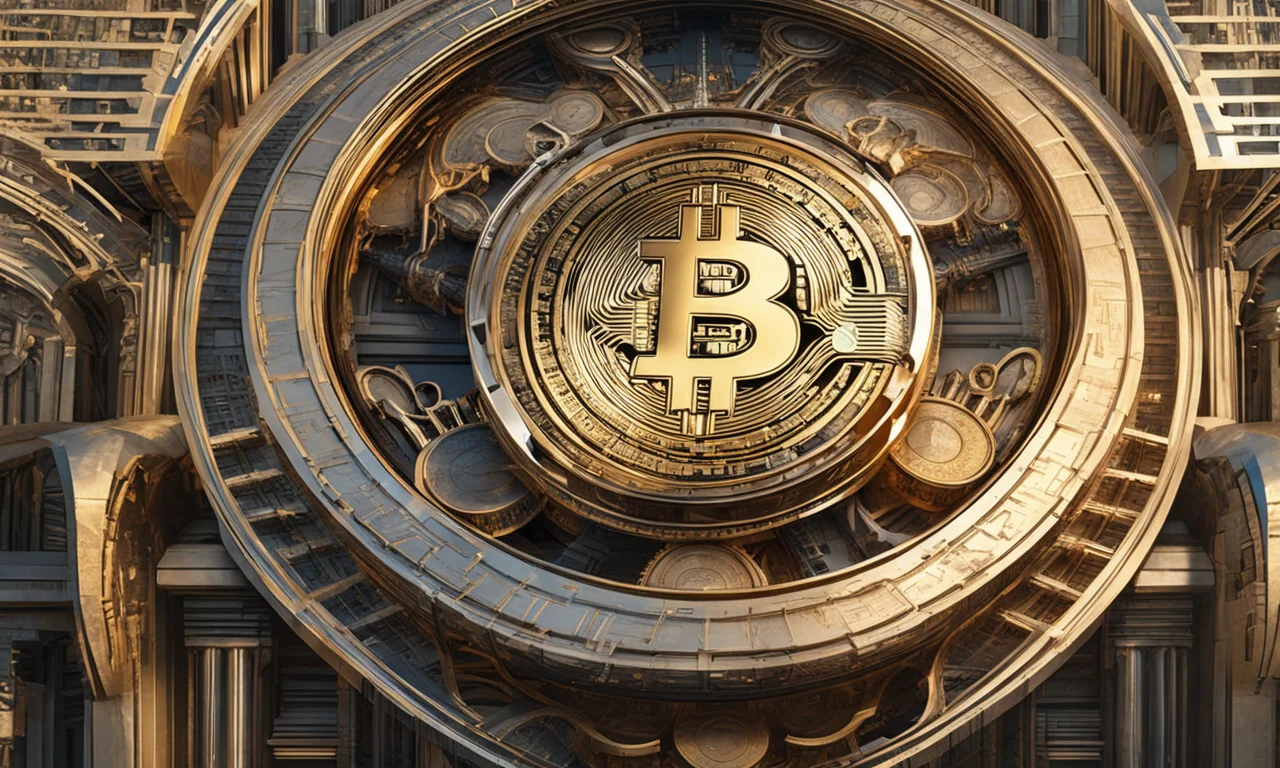
Institutional Adoption Accelerates as Bitcoin and Ethereum Gain Collateral Status
The shift toward crypto-backed infrastructure signals rising confidence in digital assets and evolving market dynamics.
Today's Bluesky discourse offered a refreshingly contrarian pulse on crypto's relentless race to redefine global finance. The energy was split between Bitcoin's dogged resilience, Ethereum's underlying network strength, and a barrage of fresh narratives — from corporate adoption to NFT volatility. Forget the tribal maximalism; what's emerging is a complex ecosystem driven by both institutional maneuvering and speculative bravado.
Bitcoin's Endurance Versus the Ecosystem's Shifting Foundations
Amid a sea of volatility, Bitcoin stood out for its ability to weather liquidations with minimal drawdown, as highlighted by BitMine's Tom Lee. This narrative was reinforced by reports that the crypto market, despite Ethereum's recent slip, held firm while Bitcoin managed a slight uptick, as covered in Global News. Yet, the idea that Bitcoin is merely a store of value is rapidly eroding, with corporate treasuries now integrating both Bitcoin and Ethereum as working capital — an evolution captured in Plugged In Crypto's Treasury 2.0 update.
"Bitcoin's resilience mirrors gold's during crises, & price often lags fundamental activity."- @cryptonews-poster.bsky.social (1 points)
The institutional wave is no longer hypothetical: JPMorgan's move to accept Bitcoin and Ether as loan collateral signals a shift from speculation to tangible infrastructure. Even as whales like Ai Yi ramp up short positions — risking millions as shown in Cryptovka's market snapshot — the tone is one of grudging respect for the underlying robustness of these assets.
"Bitcoin and Ether as collateral means the conversation has moved from speculation to infrastructure."- @sheknowscrypto.bsky.social (0 points)
Innovation, Hype, and the New Faces of Crypto Competition
While Bitcoin and Ethereum anchor the conversation, Bluesky's feed didn't shy from spotlighting the next generation of digital contenders. VIN Token's campaign boldly declared Ethereum “overtaken” and put Bitcoin on notice, touting endurance and vision as its market edge. The skepticism is palpable, with detractors branding new entrants as “shitcoin,” but the audacity itself signals a hunger for disruption.
"Ethereum overtaken, Bitcoin next in sight. Powered by innovation & vision, VIN is redefining endurance in the crypto race."- @vetrahtc.bsky.social (4 points)
Speculation reached surreal heights as the founder of Binance suggested, with tongue firmly in cheek, that President Trump could be Satoshi Nakamoto — a wild theory chronicled in Crypto News' coverage. Meanwhile, the NFT landscape is both expanding and contracting: Pudgy Penguins' partnership with Kung Fu Panda marks a pop-culture crossover, even as trading volumes plummet but buyer and seller counts soar. Ethereum's declining NFT volume (-62%) juxtaposed with Bitcoin's rise (+15%) underscores the sector's shifting allegiances and volatility.
Fundamental Activity and Market Signals: Rally or Stagnation?
Looking deeper, Tom Lee's commentary on Ethereum's network expansion — fueled by stablecoins and Layer 2 scaling — sets a tone of cautious optimism for a potential year-end rally. Even with deleveraging and price lags, the fundamentals seem to promise future growth. This optimism is echoed in Blockchain Report's analysis of Ethereum activity, reinforcing the notion that utility and infrastructure are overtaking mere price speculation.
"Growing Ethereum network activity signals a potential year-end rally, despite recent market deleveraging."- @cryptonews-poster.bsky.social (1 points)
The NFT sector, for its part, remains a bellwether for risk appetite and innovation, with CryptoSlam data showing a sharp drop in trading volume but increased buyer and seller engagement. These contradictory metrics reflect a market in flux, where network activity and community participation may matter more than raw price action.
Journalistic duty means questioning all popular consensus. - Alex Prescott